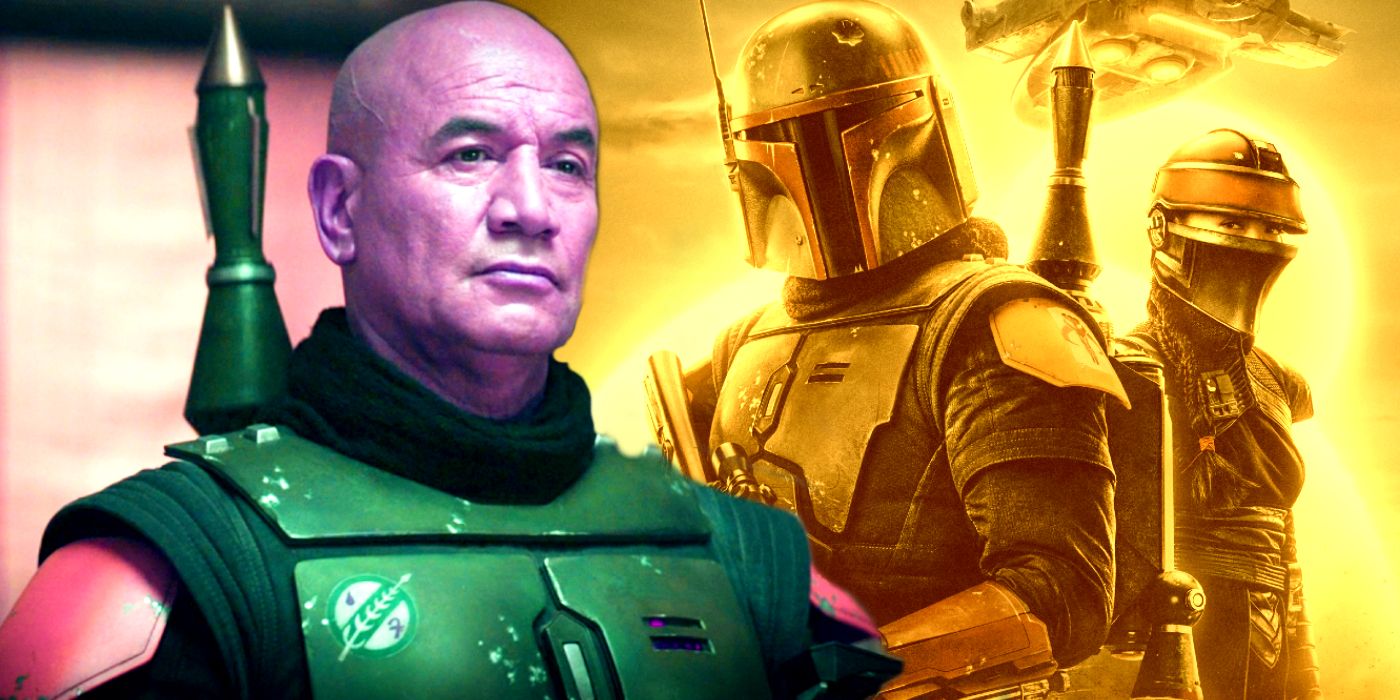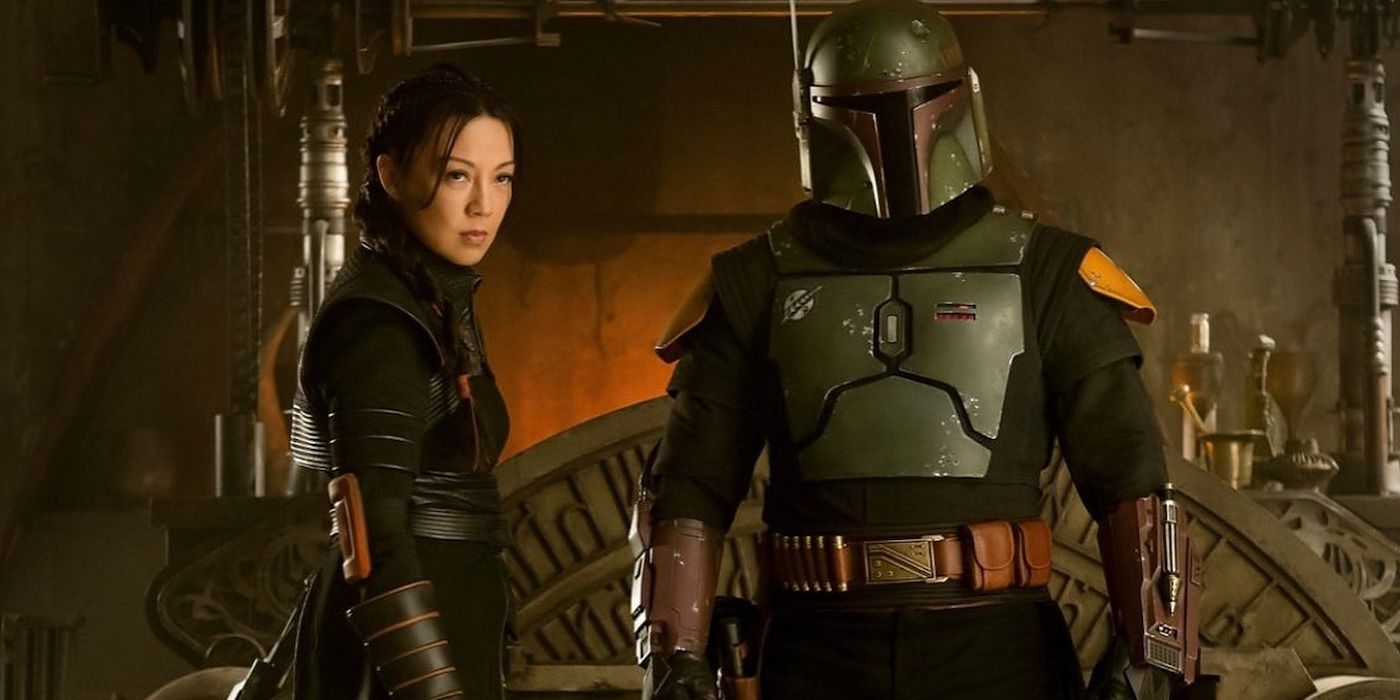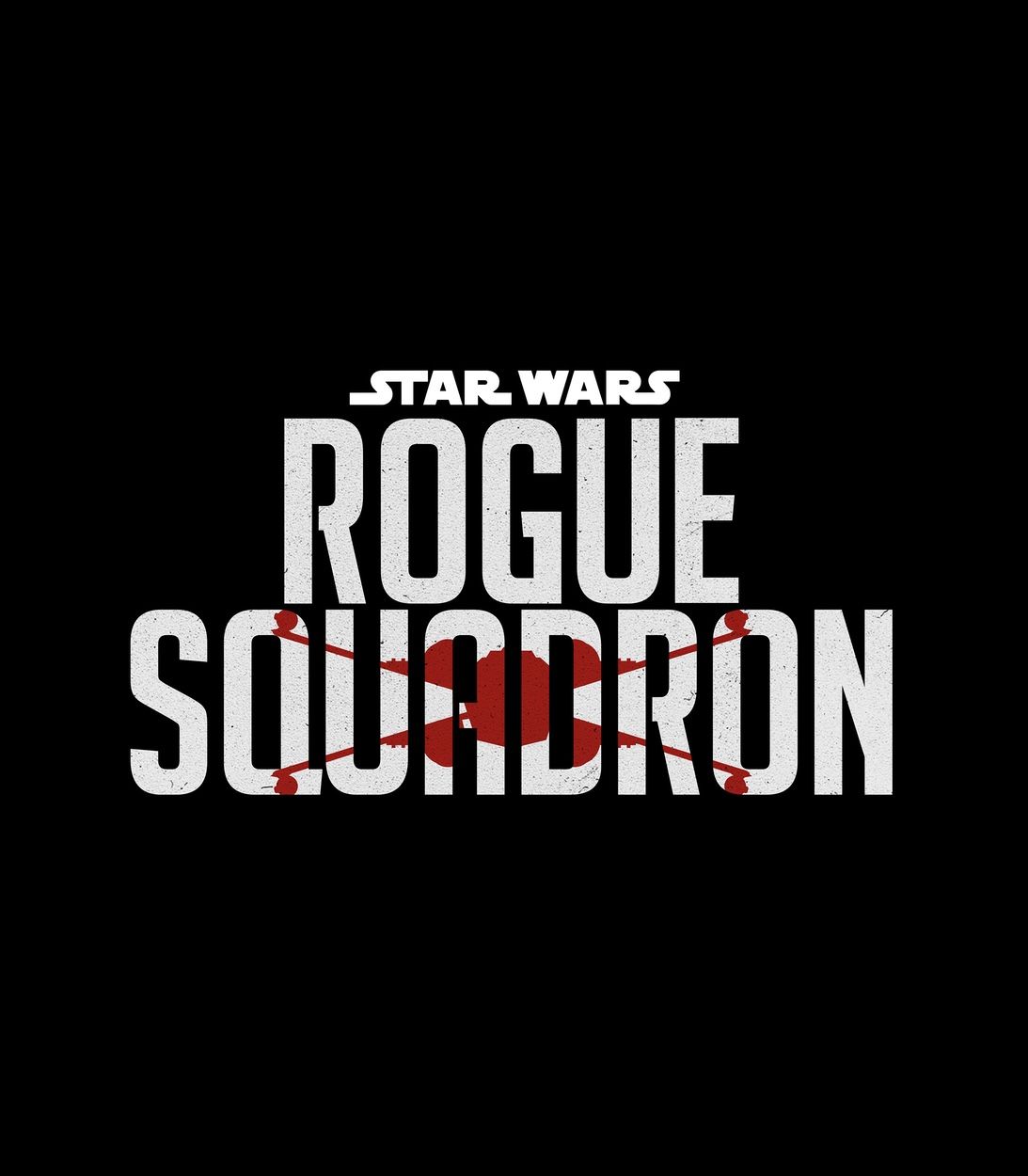Warning: SPOILERS for The Book of Boba Fett
The Book of Boba Fett is over halfway through its first season, and only just revealed the reason for its existence. After Boba Fett's fan-pleasing appearance in The Mandalorian season 2, anticipation was high for the character's upcoming spinoff show. Not only did The Book of Boba Fett promise more of Temura Morrison's Boba Fett, the reveal of Fett taking over Jabba's Palace promised a show laden with the nostalgic sights and sounds of Tatooine.
Unfortunately, The Book of Boba Fett debuted to a mixed reception, so far failing to climb the heights pioneered by The Mandalorian. While Morrison, Ming-Na Wen, and the rest of the cast are largely stellar, the show has been criticized over perceived inconsistencies in its tone and writing. Star Wars' Disney-era focus on nostalgia also seems to have come to a head in The Book of Boba Fett, with countless callbacks to characters and scenarios from previous films.
The most glaring issue with The Book of Boba Fett, however, was the lack of motive for the titular character. Between flashbacks and present-day scenes, The Book of Boba Fett showed Fett's escape from the sarlacc pit, his time with the Tusken Raiders, and the beginnings of his tenure at Jabba's palace, but until episode 4 failed to explain why Fett chose to become Mos Espa's daimyo. Thankfully, The Book of Boba Fett episode 4 gives Fett a reason for doing what he does, showing he's simply sick of being at the whim of crime lords who he doesn't respect or trust.
Now that Boba Fett's flashbacks are over and the character's motives are clear, the rest of The Book of Boba Fett is promising. As strong as Temura Morrison's performance has been, rooting for Boba Fett without knowledge of his desires or pathos has been a challenge. Episode 4's recontextualization of the show as Fett's struggle toward true autonomy and independence is sure to make his journey throughout the rest of the season much more emotionally resonant. Episode 4 also gave much more weight to Fett's relationship with Fennec Shand, transforming Shand from a hired gun to another former bounty hunter looking to live on her own terms.
The Book of Boba Fett's dive into Fett's motivations could not have come any later, as even episode 4 was chock full of Star Wars callbacks and Easter eggs that bordered on making the show feel like a Tatooine "greatest hits" medley. While some references such as the live-action introduction of Black Krrsantan and the return of Hutts to Star Wars stood out as highlights, others rang hollow without a strong foundation of character motivation to build from. Without an understanding why Fett would want to rule Jabba's palace, for example, the location itself (not to mention the inclusion of a young rancor) could be seen as an attempt at pandering. Of course, a show with pathos can still easily cross the line into nostalgia-bait, but at least there is something deeper to look forward to in the rest of Fett's journey during The Book of Boba Fett.
Episodes of The Book of Boba Fett stream Wednesdays on Disney+



